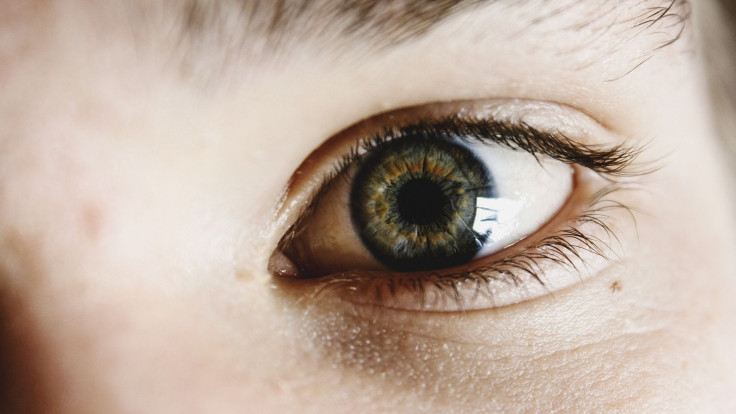The Human Body's Greatest Flaws In Evolution, From Sweat Glands To Eyelids


Science of Everyday Life: What are the greatest flaws of the human body?
This question originally appeared on Quora. Answer by Matan Shelomi, Evolutionary Biologist.
You have no idea how awful the human body is. As I have argued elsewhere, to say that humans were "intelligently designed" by a "creator" is to insult God, because our bodies show no intelligent design at all.Let's look at your examples. Like most mammals, we sweat to maintain our temperature, but most animals don't have as many sweat glands as we do. We are the least efficient thermoregulators in the mammal world: only apes and [oddly] horses have as many sweat glands, mostly in the armpits, as we do.
Have you every smelled someone with really sweaty armpits? We lose so much water from simple things like exercising, or even being nervous, that other animals would not. It's a terrible design, but it makes evolutionarily sense, for we sweat like apes, our evolutionary cousins. Sweat thus supports evolution and is a huge blow to creationism. A common misconception is that eye-lids protect us from dust. Our eyelids are pathetic compared to those of most other animals, who have two sets of eyelids: one opaque one like ours that keeps out the light, and another clear "nicticating membrane" that keeps out dust and water but is clear so animals can see through it. Why don't we have nicticating membranes? Dry eye and lots of other eye problems would not exist if our eyes were better designed, nor would swimming goggles. Apes do not have them, however, hence we don't either.
If we were designed to be perfect, we would have these.We have two eyes to see in 3D. Lots of animals have two eyes, including apes. Again, more evidence for evolution than creationism. Also, while we may have great depth perception, our field of view is limited. A pigeon with eyes on either side of its head can't see 3D, but can see almost all around its body. How many car accidents occur or people getting attacked from behind because our peripheral vision is so bad?
Speaking of vision, ever hear of a "blind spot." The way the eye is shaped, there is a spot that we literally cannot see, and the brain fills in the blanks. All vertebrates have this, but not all animals. Octopuses have better-designed eyes that lack a blindspot. If we're so great, why do octopuses have better eyes? And why can't we see UV light like bees can, or infrared light like animals with night-vision? Then you have all of the eye problems like myopia, glaucoma, cataracts - why do our eyes fail so often? Who designed these faulty things? The answer can't be a God, because a God so incompetent in designing vision sensors isn't worth worshipping. So we must have evolved (with or without theistic help according to your preferences), which, fortunately, is what the evidence has proven.
What about other cases where our body shows poor design? I doubt the route of the vas deferens or the recurrent laryngeal nerve would impress you, even though they are the best examples of poor design but clear evolution. Vestigialities and atavisms like humans born with tails are clear evidence that we evolved from animals. We are not particularly strong or fast. Our genitalia are a mess: urine and semen come out of the same hole in males, and the female reproductive system seems totally unable to handle our large-headed babies. We have to eat Vitamin C to not get scurvy, while most animals make it themselves, except for apes and [oddly] guinea pigs. There are lots of flaws that a skilled designer should have fixed.
Of course, we weren't designed. We evolved, and evolution is not a directed process seeking perfection. It is what it is, and, for all our flaws, we humans are the best at being human. None of the poor design I mentioned puts us at serious risk of death [too often], and many elements of it can't be changed because of our evolutionary heritage, so the mistakes and flaws stay. We are good at what we do not because we were designed for it, but because we evolved a certain way and don't do things we’re bad at. Plus, our technology helps us overcome the many flaws in our body to extend our reach on earth. Yet more benefits of science.



























